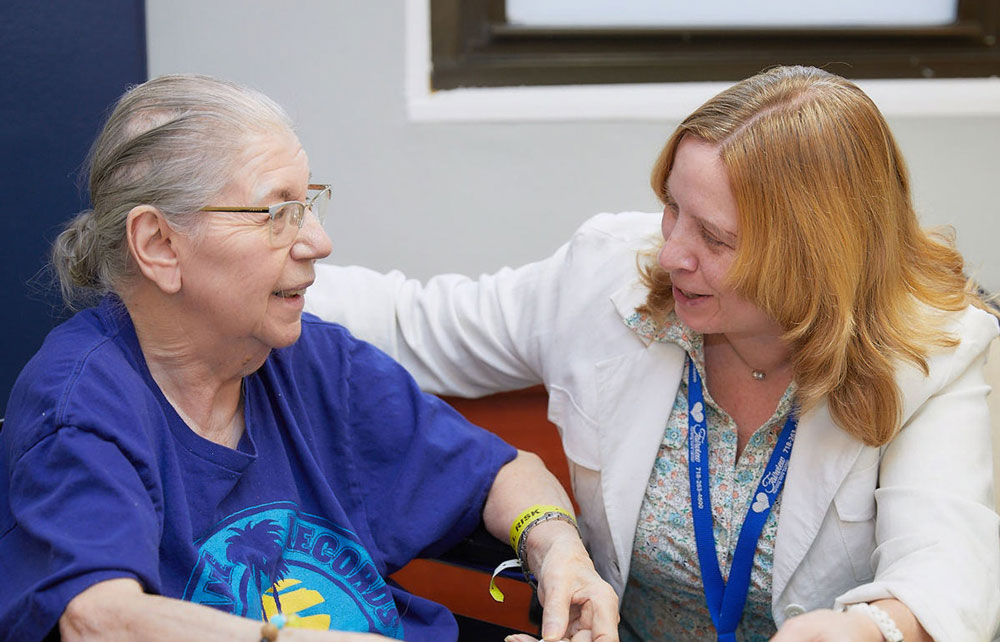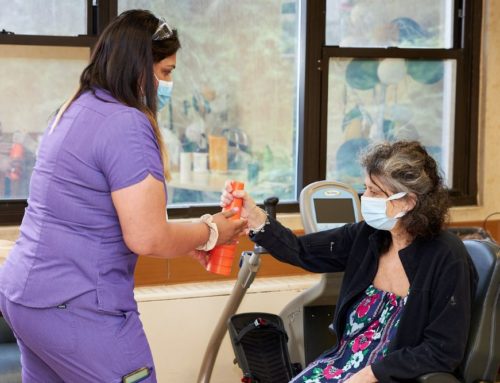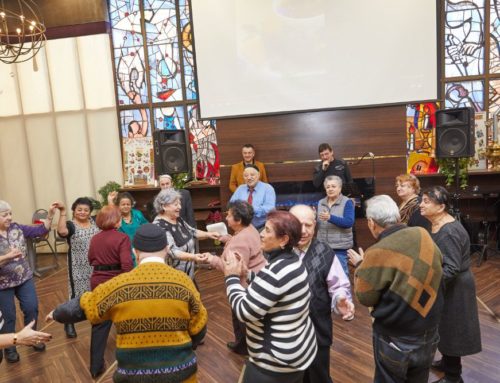4 Causes of Speedy Health Deterioration in Elderly
It’s no surprise when our bodies slow down and wear out as we age. Unfortunately, for some individuals, this progression seems more rapid than in others. So, what’s causing speedy health deterioration in elderly people? Well, several factors could contribute to such a hasty decline, including health issues, lifestyle, and the medications they’re taking.
To avoid the complications of aging and maintain your independence, a few measures are available. Rehab therapies, like physical therapy, occupational therapy, and recreational therapy, treat any issues or limitations you’re dealing with. Also, health education is an option too. Learn more on healthy diets, managing medical conditions, and other concerns. The following sections offer more information about avoiding declining health in your golden years.

Speedy Health Deterioration in Elderly
Though rapidly declining health in seniors could have several causes, there are four common factors to watch for. These include the effects of chronic diseases, poor immune functions, unhealthy lifestyles, and medications, which we’ll discuss more below.
1. Chronic diseases and poor management of them
Chronic diseases have several causes, including genetics, age, dietary habits, and lifestyle. There are also several possible conditions you could be diagnosed with, including cardiovascular disease, cancer, hypertension, arthritis, or diabetes. When the condition is managed properly with treatment or medication, your lifestyle may not have to change too much.
Unfortunately, not everyone manages their conditions. This could be due to improper diagnosis, not following your doctor’s advice, or a lack of education concerning the issue. Dealing with several chronic diseases at once can also cause speedy health deterioration in elderly citizens.
2. Poor immune function and infections
Poor immune function is another issue common in seniors. Declining immune functions make fighting, influenza, pneumonia, and other infections tricky.
To avoid these illnesses, a few measures can be taken. These include good hygiene and healthy habits. Vaccinations also prevent such infections, though standard doses aren’t always as effective for seniors, requiring a higher quantity for proper protection.
3. Poor lifestyle choice
Poor lifestyle choices may also cause speedy health deterioration in elderly individuals. These include a lack of physical activity, unhealthy dietary habits, smoking, and excessive alcohol consumption.
Isolation is another contributing factor to rapid health decline and is linked to dementia, anxiety, depression, and obesity. Loneliness increases the risk of hospitalization, suicide, and premature death in seniors as well.
To avoid declining health issues, eat healthy meals consisting of fruits, vegetables, lean meats, and healthy fats. Spend at least 150 minutes on physical activity each week and socialize with family and friends whenever possible. To maintain mental health, choose stimulating activities like painting, knitting, puzzles, creative writing, or anything else you enjoy.
4. Changing medication
Medications are designed to treat health conditions, reducing pain and other distressing symptoms. Sometimes changing and mixing them can cause issues. Unfortunately, some medications also actually contribute to speedy health deterioration in elderly individuals.
The more medications a person takes, the more likely they’ll experience a negative drug interaction. Some drugs also increase the risk of falls, disability, or other issues that could result in hospitalization. To avoid such complications, follow your doctor’s advice on when and how to take your medications.
Resources:
https://www.ncbi.nlm.nih.gov/pmc/articles/PMC5732407/
https://www.cdc.gov/aging/publications/features/lonely-older-adults.html
https://ncoa.org/article/get-the-facts-on-healthy-aging
https://www.cdc.gov/MedicationSafety/Adult_AdverseDrugEvents.html
https://www.mayoclinic.org/healthy-lifestyle/healthy-aging/in-depth/aging/art-20046070
This article is for educational and informational purpose only and does not substitute for professional medical advice. For any questions about your own health condition, speak to a qualified physician or healthcare provider.







Leave A Comment